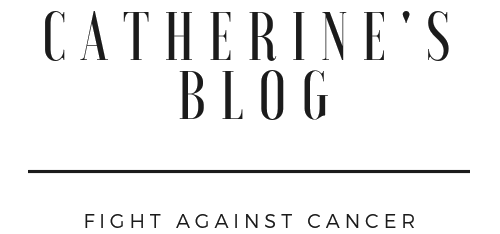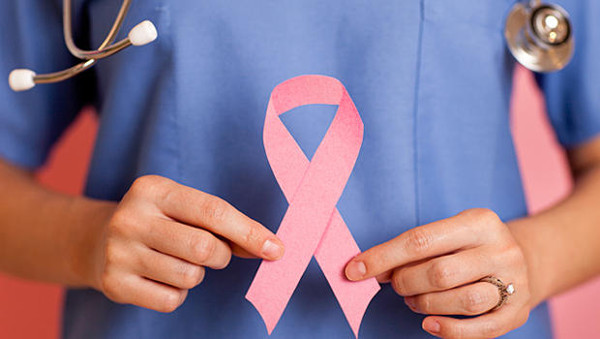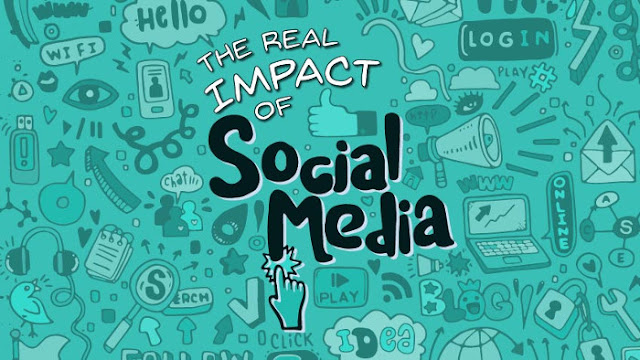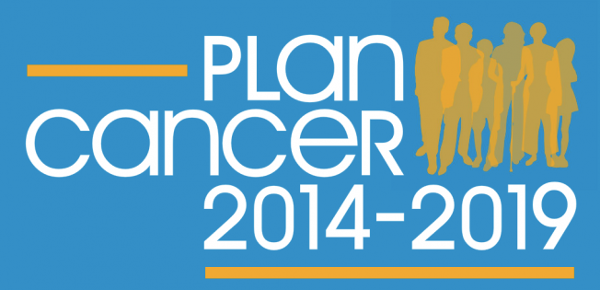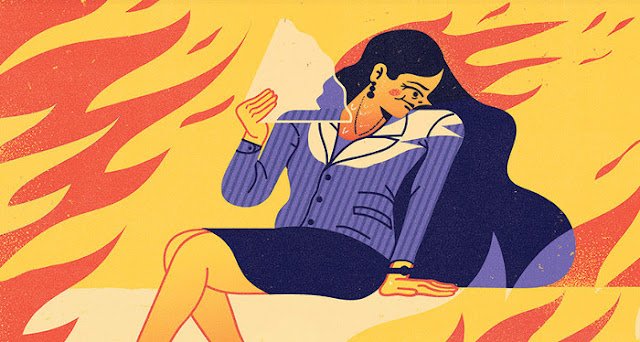And here is Pink did not even show the tip of his nose, that in favor of a new study recently published, the controversy over the interest of screening is already raging on the net. Pros and cons give themselves to their heart's content, and send to the figure the various theses on the subject, all contradictory, each persuaded to be right and of course remaining firmly anchored on its positions. My purpose here n is not to decide on the merits of this or that analysis, (interesting arguments exist on both sides) but to raise a problem that all this beautiful people seems to forget: the right of every citizen to dispose of of his body and decide for his health as he (she) hears it!
But of course there is the problem of information, it comes to us on the one hand by the media (and I include of course internet) and on the other hand by our caregivers. But traditional newspapers say that mammo saves lives while bloggers, doctors, citizens, fervent opponents of the exam, deny loudly the veracity of the first. (Astonishment little or no patients). How to navigate? Admit that there is enough to lose its Latin!
Of course, I say to myself, rather than believe what the newspapers say, it is better to go to see your doctor. Yes, but our doctors do not necessarily give us the right information to know this famous benefit / risk balance. So in these conditions how can we decide between the acceptable and the unacceptable?
But above all, what is this benefit / risk balance? In medicine, white and black do not exist, we always navigate in the gray, more or less clear for the problem that concerns us it is proven that mammography carries risks - it induces a low percentage of false positives, over-diagnosis and irradiates our body; and has benefits - it can detect smaller cancers and therefore result in lighter treatments. Each must have the ability to make their choice and decide what risk (s) they are able to take.
Indeed, we alone can decide for ourselves, it is not up to the doctors to do it for us! It's up to us to ask ourselves the right questions: am I ready to put up with the fact that I am discovering a non-existent cancer and to undergo other analyzes or to receive a not-so-innocuous irradiation every two years (like any irradiation that says) Or do I prefer to know if I am developing an incipient cancer in my breast and put all the chances on my side to treat it as soon as possible? We must be able to choose what seems most appropriate to ourselves and this is only possible if doctors rather than prescribing, without a word or explanation (understandable) explain to patients why they ask them to carry out this examination. So who says good questions,
It must still know that prescribed or not, systematically or not, I have never seen anyone compel a woman to get tested. Neither a doctor nor any government. Some will do their mammography well before their 50s, others refuse to go even after receiving their summons to do so. (I remind that systematic screening is set up in France for all women between 50 and 74 years).
This proves well that the doctor (or the public authorities) propose and the women have and yes but to dispose when one does not know the ins and outs is meaningless.
So instead of fighting for or against screening mammography, why not discuss together the information that everyone is entitled to claim of this famous decision shared between caregivers and patients who would both have same elements of reflection?
Finally to finish, I see dawn from here the swords of the opponents speaking finance, deficit of the Social Security. I mean all this but simply I like to believe that if most of the European countries have set up a systematic screening In recent years, it is after a lot of judicious and costly analyzes that attested that the benefit of the targeted population was greater than the risk. So, as my daughter says, I say that, I say nothing!
